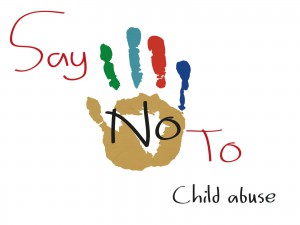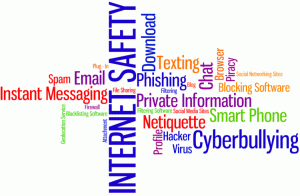Child sexual abuse happens online, too. As adults, we can prevent  abuse by staying informed about children’s online activities and maintaining open communication.
abuse by staying informed about children’s online activities and maintaining open communication.
Prevent online abuse
Preventing child sexual abuse begins with open communication. Ensure that your children know that they can come to you if anything makes them uncomfortable. Other ways to prevent online abuse include:
- Demonstrate interest in your child’s online activity by using the internet with them
- Keep computers in high traffic areas of your home like a living room
- Use privacy settings and parent controls
- Set rules and limits for when and how long kids can be online, and consider posting the rules or a pledge by the family computer
- Be aware of who your child talks to online – be their Facebook friend and follow them on Instagram, Twitter and SnapChat
Recognize the signs
Abuse most often starts with “grooming,” a series of manipulative behaviors that escalate over time. Signs that a child is being groomed online can include:
- Spending an excessive amount of time on the device that can access the internet
- Becoming angry when he/she cannot use the device
- Withdrawing from friends and family
- Minimizing the screen or turning off monitor when others enter the room
- Making or receiving calls from unknown numbers
- Receiving gifts through the mail such as a bus ticket, cell phone or webcam
